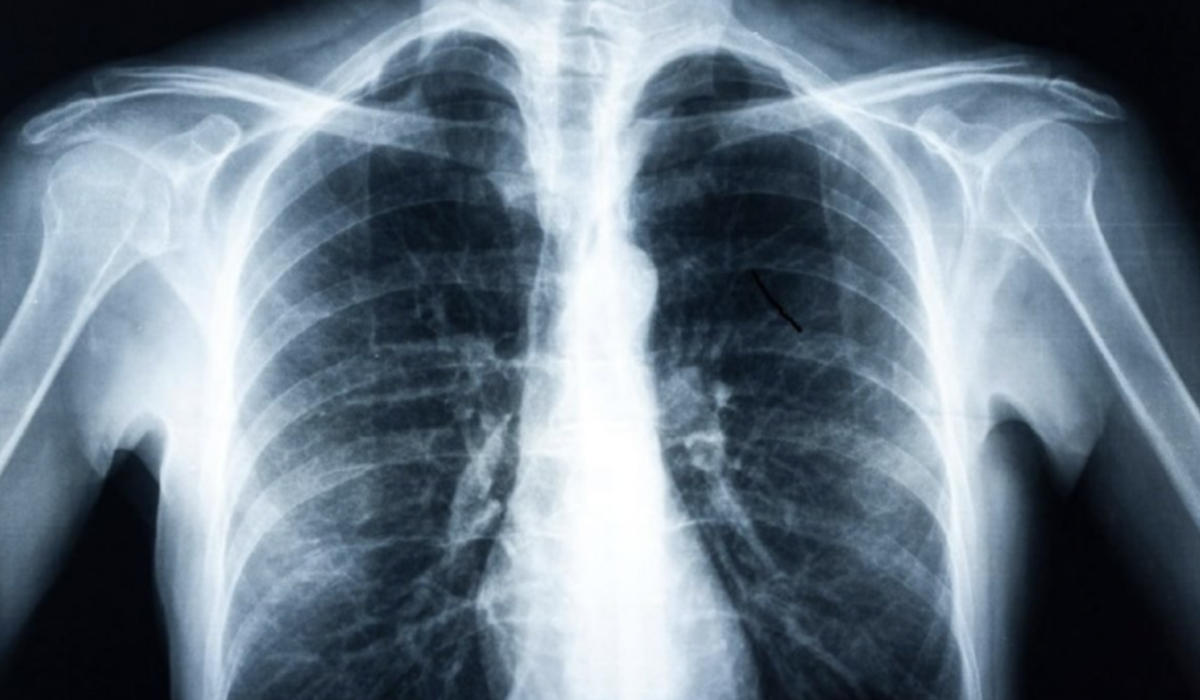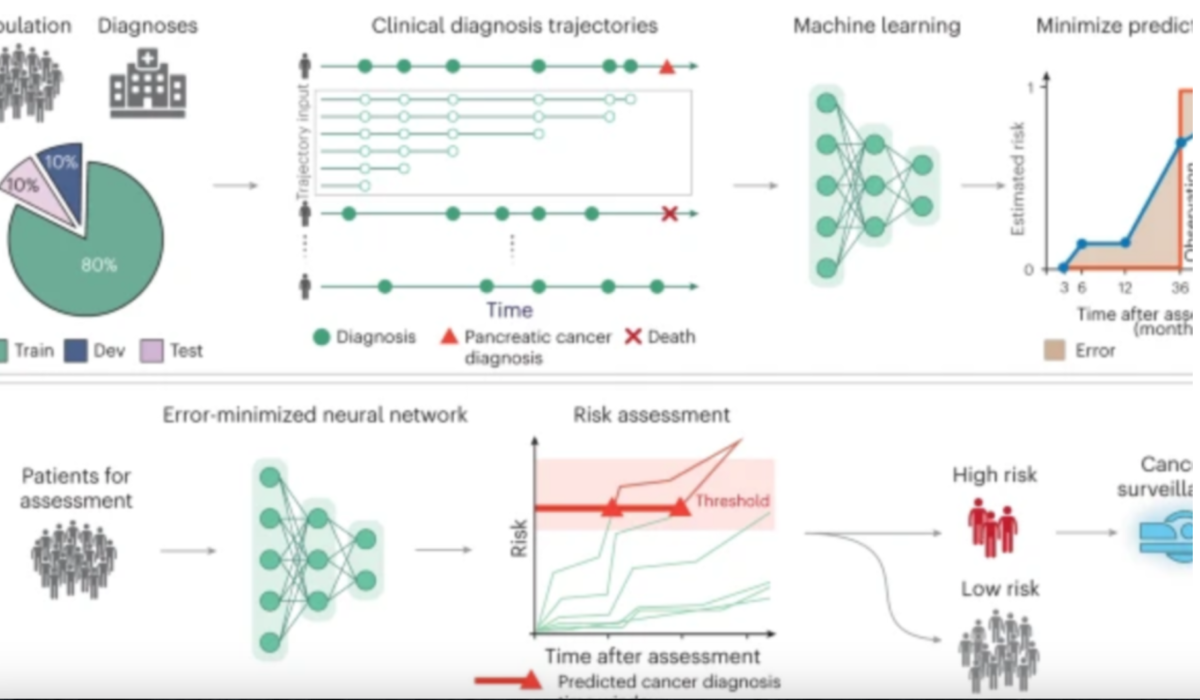Kun-Hsing Yu and HMS colleagues used AI to rapidly determine a brain tumor’s molecular identity during surgery, propeling the development of precision oncology. The tool is CHARM (Cryosection Histopathology Assessment and Review Machine.) Currently, genetic sequencing...
AI
AI detects diabetes from fatty tissue in chest x rays
Judy Wawira Gichoya and Emory colleagues have developed an AI model that detects warning signs for diabetes in x rays collected during routine exams. The signs were also detected in patients who do not meet elevated...
AI device increases ademona detection during colonoscopy
MAGENTIQ-COLO is an AI based FDA cleared colonoscopy device which offers a significant increase in Adenoma Detection Rate. Current high rates of missed and undetected adenomas during colonoscopy means that even regularly screened patients are...
Biosensor detects misfiled proteins in Parkinson’s and Alzheimer’s disease
Hatice Altug, Hilal Lashue, and EPFL colleagues have developed ImmunoSEIRA, an AI-enhanced, biosensing tool for the detection of misfolded proteins linked to Parkinson’s and Alzheimer’s disease. The researchers also claim that neural networks can quantify disease...
AI predicts pancreatic cancer
Harvard professor Chris Sander used clinical data from 6 million patients in Denmark’s national health system and 3 million in the U.S. VA system to train an AI model to predict the occurrence of pancreatic cancer within 3,...
Neural Network assesses sleep patterns for passive Parkinson’s diagnosis
MIT’s Dina Katabi has developed a non-contact, neural network-based system to detect Parkinson’s disease while a person is sleeping. By assessing nocturnal breathing patterns, the series of algorithms detects, and tracks the progression of, the disease —...
Algorithm isolates specific brain signals, provides feedback
The US Army and USC Prof Maryam Shanechi have developed an algorithm that can determine which specific behaviors—like walking and breathing—belong to specific brain signals. Segmenting brain signals has been notoriously difficult, as all signals associated with...
AI detects COVID in chest x rays
DeepCOVID-XR is a Northwestern University developed algorithm that automatically detects the signs of COVID-19 on a basic X-ray of the lungs. The system is able to detect COVID-19 in X-rays 10 times faster than thoracic...
AI detects CHF through analysis of one heartbeat
Sebastiano Massaro at the University of Surrey, Mihaela Porumb and Leandro Pecchia at the University of Warwick, and Ernesto Iadanza at the University of Florence have developed an advanced signal processing and machine learning method to...
AIgorithm detects cancer potential of pancreatic cysts
CompCyst is a proof-of-concept study, led by Anne Marie Lennon at Johns Hopkins, which uses AI to more accurately determine which pancreatic cysts will become cancerous. The test evaluates molecular and clinical markers in cyst fluids,...









